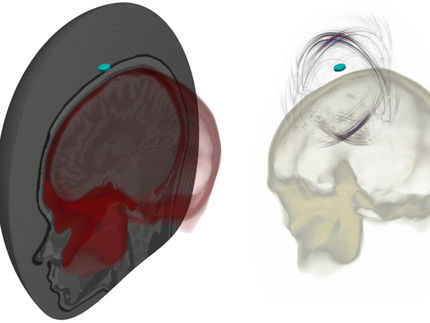Biological: Mapping receptors in the brain
Scientists in the UK and Germany have developed and tested new compounds that enhance the contrast of magnetic resonance imaging (MRI) scans of the brain to show the location of receptor molecules linked to serious neurological disorders in real time.
In research published in Chemical Science, they describe the synthesis of a series of novel MRI contrast agents that can pinpoint and bind reversibly to N-methyl-D-aspartate (NMDA) receptors in vitro.
NMDA receptors are glutamate receptors that play a key role in memory, learning and neurotransmission. Misregulation and overstimulation of NMDA receptors has been associated with Parkinson’s and Alzheimer’s diseases.
Using two independent methods, MRI and optical microscopy, the scientists demonstrate that their new molecules bind selectively to NMDA receptors on cell surfaces in the brain and that this binding is reversible in model systems. This shows that the probes can respond to changing glutamate levels during actual neural events, allowing the scientists to effectively map the location of these receptors on brain cell surfaces in real time.
Original publication
Organizations
Other news from the department science

Get the life science industry in your inbox
From now on, don't miss a thing: Our newsletter for biotechnology, pharma and life sciences brings you up to date every Tuesday and Thursday. The latest industry news, product highlights and innovations - compact and easy to understand in your inbox. Researched by us so you don't have to.


















































